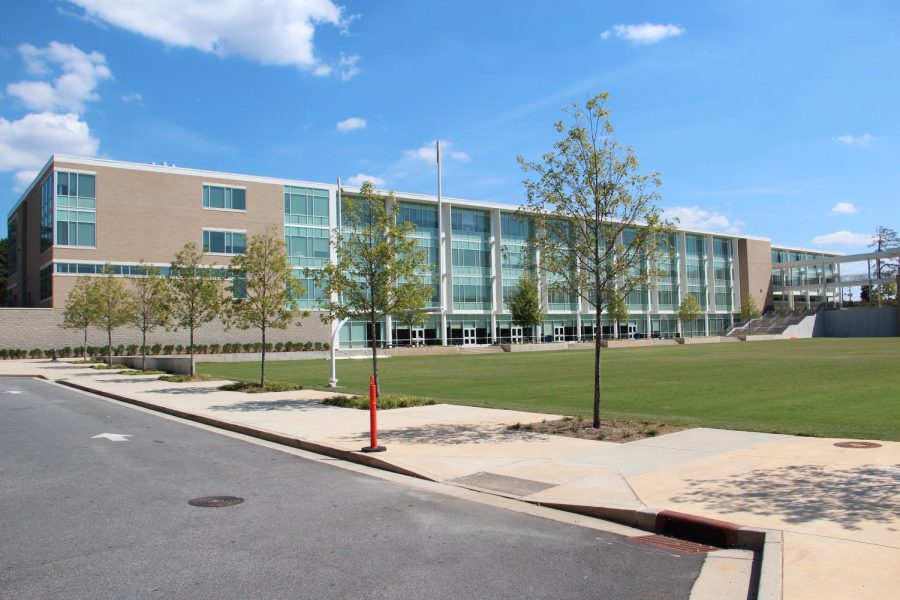Lack of Practicality in Public Schools
October 21, 2020
As a generation, I feel that we lack common knowledge on how to “adult”, or just simply how to live. I also feel that the public school system we have today is largely to blame.
Instead of focusing on knowledge that is applicable to everyday life, the public school system chooses to put emphasis on our grades, test scores, and how to be “the perfect college applicant”. We are required to take certain classes that we know we’re not interested in. For example, I’ve known since elementary school that math was never my strong suit. I despised every math class I took, no matter who was teaching or whether or not they actually taught. Sophomore year, I decided to take my general math class and AP Statistics (very distinctive from math, by the way). I enjoyed the statistics class, but I also took it so that I would have all my required math credits before my senior year. This way, I could potentially have a math-free last year of high school. I asked my counselor about it to make sure it was allowed, and she replied with: “It’s allowed, but colleges won’t like it.”
Things like this made me think about what public schools are conditioning us to be. They want to set us up for the future, yet they teach us none of what we NEED to know. Instead, we are taught the quadratic formula, random historical facts, how to solve a chemical equation, and much more. We are taught how to memorize until the information is imprinted into our brains, only to forget the information the next day, after a test or quiz. Because of that, much of school motivation is sheerly based on passing tests and classes; eventually equating to a waste of time.
Take a look at Finland’s public education system, for example. Their education is not purely based on test scores and grades, but rather on the students’ overall growth and development, with a combination of educational outcomes, mental health, arts, and physical education. Due to these factors and countless more, Finland has a 99% high school graduation rate, while the U.S. has an 85% high school graduation rate.
To serve the best interest of students (like they say they do!), schools must teach important skills such as paying taxes, how to fix a flat tire, how to pay bills, or even how to buy or rent a property. Since nothing of this sort is included in our education, we are forced to learn this valuable information on our own. Not only is this harmful to our general knowledge, but it may also be detrimental to our futures. The absence of experience in practical skills may lead to a higher chance of debt (especially college loans), as well as a lack of problem-solving skills in situations such as a car breaking down on the highway.
One fix the United States could start with is integrating one practical class into the curriculum. I believe this class should be available to all grades but heavily encouraged for seniors. Within the course, students could choose to learn about financial literacy, home economics, or anything among the sort.
So yes, many of the required courses already in our curriculum should be necessary. However, this should not take away from the fact that we are deprived of applicable and useful knowledge. While setting a stage for a “successful” future, the public education system is also setting a stage for imminent failure.












Cindy Pietkiewicz • Oct 22, 2020 at 4:25 pm
Good article Alison. I agree a lot and think that math could be more practical and that Stat is more practical than Calc